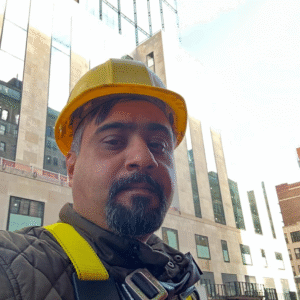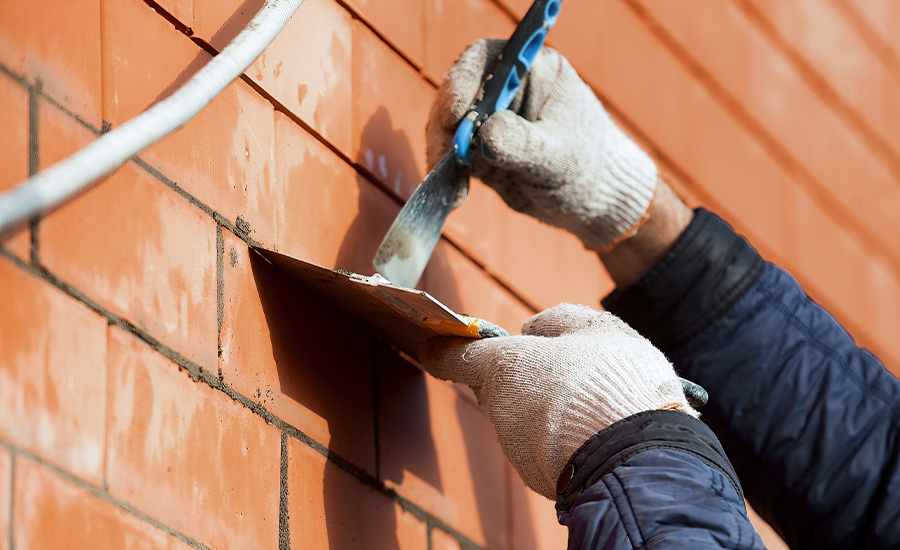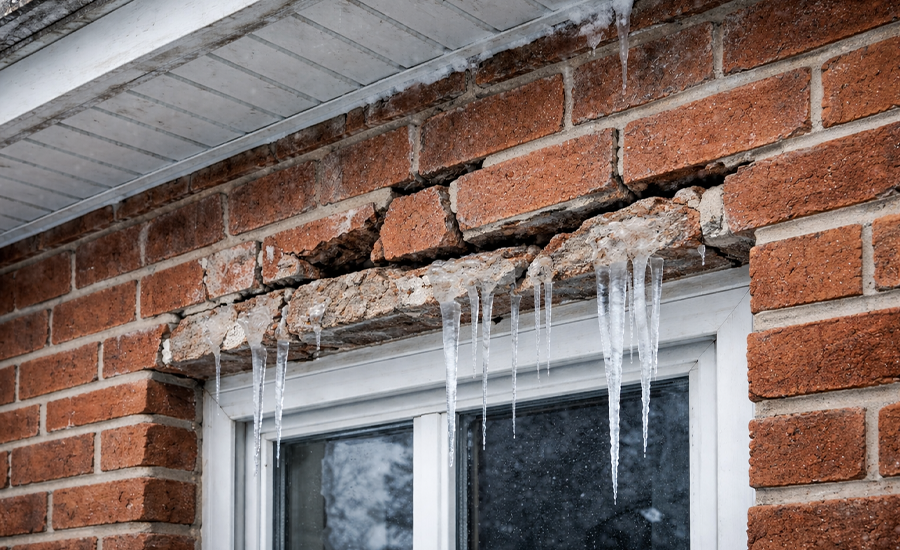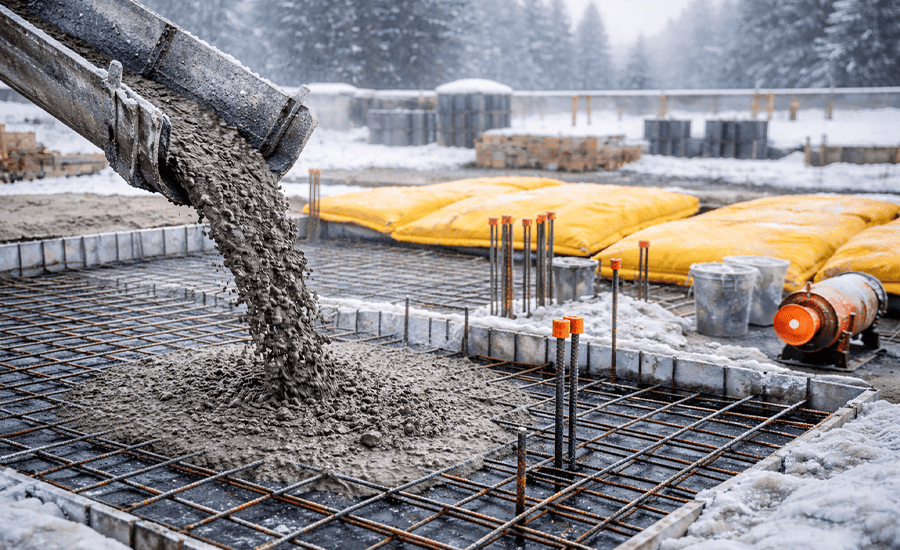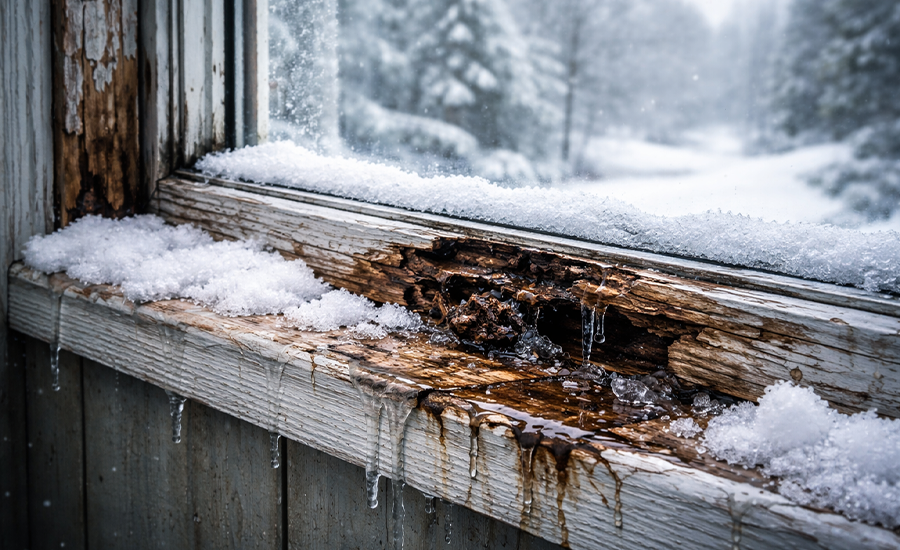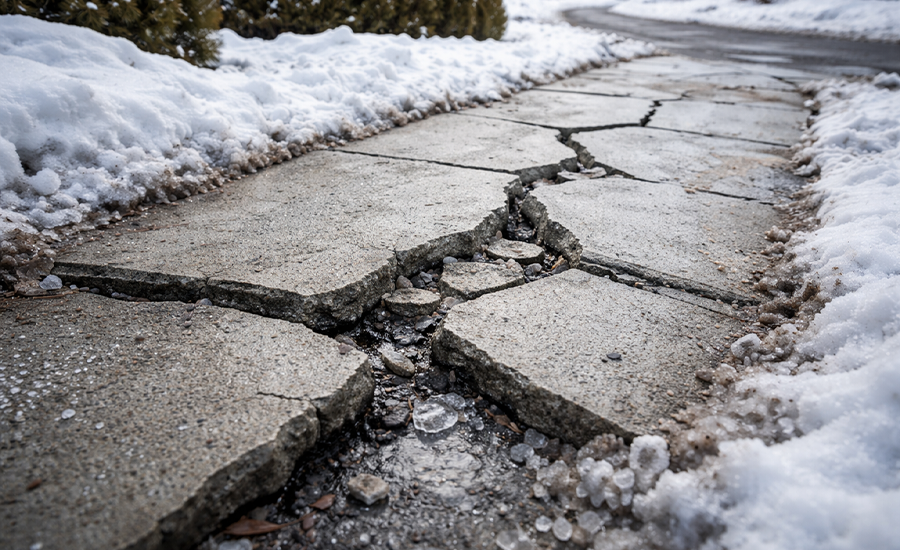Brick repointing is a crucial part to keep your home Protected and structurally sound. It is essential when you’re maintaining your home. It involves filling mortar into gaps and seams to bind the bricks together. Environmental conditions and temperature play a vital role in mortar curing. The winter season has drawbacks for brickwork, as the mortar doesn’t dry properly in cold weather when temperatures drop below zero.
To understand more about performing brick repointing in winter, this blog explains the safest techniques for repointing in winter without damaging the masonry.
The Significance of Repointing
Repointing is the process of renewing the mortar between the bricks, which offers several advantages and has significance in brickwork:
- Structural Soundness: It provides structural integrity and load-bearing strength.
- Damp Proofing: It protects against moisture by sealing mortar joints to prevent freeze-thaw cycling.
- Visual Improvement: It restores the masonry’s appearance and enhances your property’s market value.
How does Cold Climate Influence Repointing?
Low temperature can hinder mortar setting and disrupt consistency. Here are some elements that contribute when you repoint bricks in winter:
- Extended Setting Time: In winter, mortar hardens quickly without proper curing, leading to cracking.
- Frost Hazard: When water penetrates gaps, it freezes, causing masonry to expand and contract.
- Compromised consistency: In winter, mortar hardens and becomes uneven, making it challenging to handle and apply.
If you want to understand this cycle in depth, see how the NYC freeze–thaw pattern affects brick pointing strength.
Can Repointing Be Done Safely in Cold Weather?
Yes! Repointing can be done safely in cold weather, but with proper safety gear, winter-grade tools, and proper preparation. Here are some factors to consider and be cautious about. Let’s have a look at them:
- Ambient conditions: Do not perform Repointing when the temperature is below 5°C (41°F).
- Forecast: Monitor the weather and upcoming temperatures, as they may affect curing.
- Mortar Formulation: Use a winter-grade mortar formulation tailored for low temperatures.
Effective Methods For Cold-Weather Brick Repointing
Repointing in winter demands critical care. Following the safest and most effective methods to implement while repointing:
Apply Cold-Weather Mortar Blends
- Prevents freezing during curing.
- Speeds up hydration.
- Improves final strength.
Shield the Workspace
- Cover exposed walls with tarpaulins or temporary shelters.
- Use portable heaters to maintain warmth around the surface.
Hydrate the bricks before repointing
- Moist bricks help new mortar adhere better.
- Avoid over-wetting, as ice can form and weaken the bond.
Observe the curing progress
- Ensure mortar is not exposed to freezing for at least 24–48 hours.
- Maintain stable temperatures if possible.
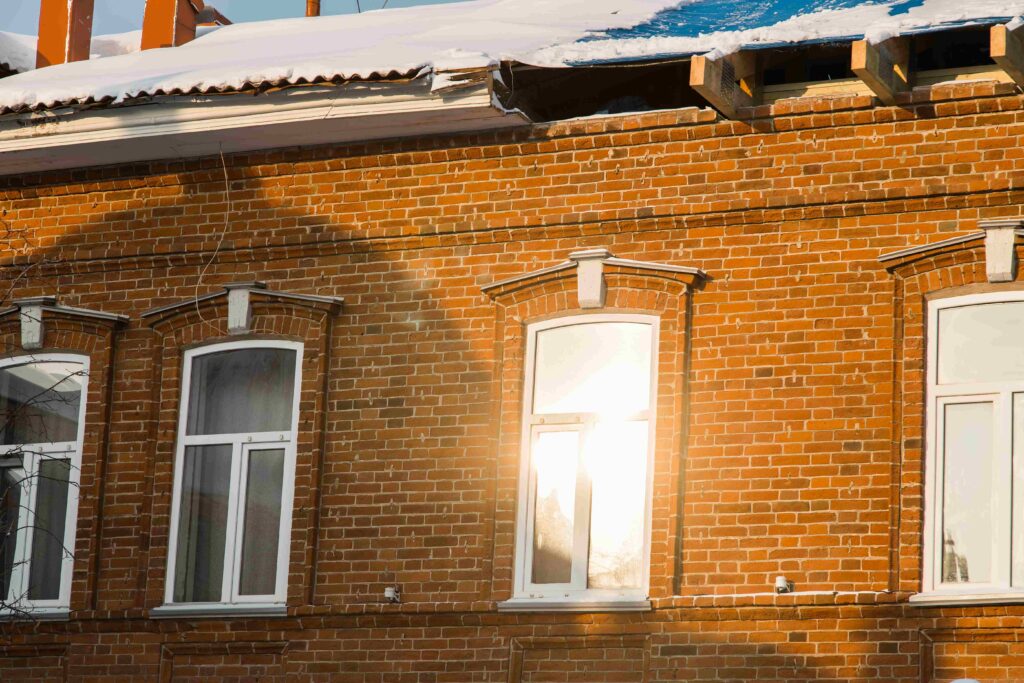
Schedule Optimal Timing
- Schedule repointing on mild winter days.
- Start with small sections to minimize exposure risks.
If timing is your concern, you might compare how summer vs winter repointing influences durability and results.
Conclusion
In conclusion, repointing brick structures can be safe and feasible in winter only if done with the right tools, precise measurements, and following safety precautions. Hiring a qualified and knowledgeable contractor will help you protect your masonry with expert Repointing, ensuring successful outcomes that last all year, including winter months.
Sardar Restoration Corp proudly serves every corner of NYC, including the Bronx, Manhattan, Brooklyn, Westchester, and Queens. Our services are designed to meet your specific needs, providing top-quality solutions wherever you are. Check our service areas to see how we can assist you in your location.
Contact us today at (+1) 917-355-8556 or sardarrestoration@gmail.com, or visit us at 2770 Fish Ave, Bronx, NY 10469, United States.
FAQs
Can you repoint bricks in winter?
Yes! We offer repointing bricks in winter using winter-grade mortars, following proper safety protocols and temperature management.
What is the minimum temperature for Repointing?
The minimum temperature for Repointing is below 5°C, at which the mortar cures properly between the bricks and bonds strongly.
What happens if the mortar freezes while curing?
When your mortar starts freezing while the mortar cures, it can form ice crystals and premature failure, leading to:
- Friable mortar.
- Insufficient grip of brick and mortar.
- Separation cracks.
Can heaters be used for winter repointing?
Yes! Most skilled masons use heaters and insulated tarps during repointing in winter to maintain an optimal temperature and ensure proper mortar curing.
Should homeowners attempt repointing themselves in winter?
Yes, you can DIY repointing only if you have the right tools, excellent knowledge of repointing, proper equipment, and the ability to handle cold temperatures to achieve durable results.

